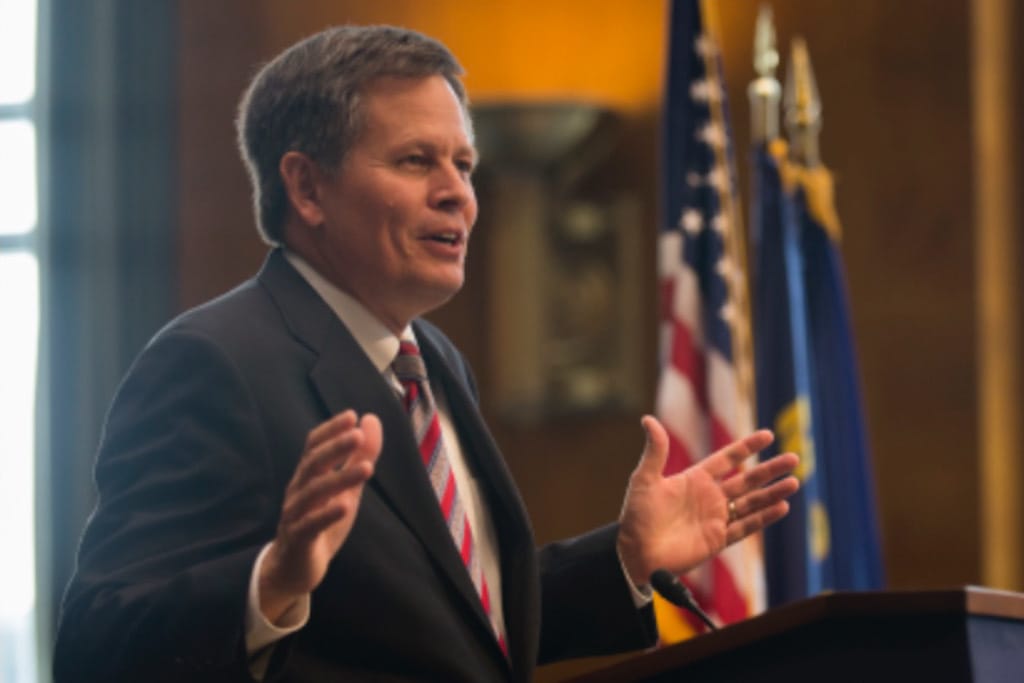GOP Senators Want NTIA to Revisit View That Unlicensed Spectrum Networks Are Not ‘Reliable’
The coalition sent a letter to NTIA head Alan Davidson urging the agency to reconsider the policies outlined in the BEAD NOFO.

WASHINGTON, November 22, 2022 – Led by Montana’s Steve Daines, a coalition of Republican senators on Tuesday urged the head of the National Telecommunications and Information Administration to remove regulatory barriers facing networks that rely entirely on unlicensed spectrum.
In the notice of funding opportunity for the $42.5 billion Broadband Equity, Access, and Deployment program, the NTIA stated that any fully unlicensed networks will not be considered a “reliable broadband network,” and therefore all locations served exclusively by such networks will be classified as unserved.
The coalition, which included Ted Cruz, R-Tex., John Cornyn, R-Texas, and Marsha Blackburn, R-Tenn., sent a letter to NTIA head Alan Davidson urging the agency to reconsider, arguing the NTIA’s BEAD notice was at odds with congressional intent and precedent set by the Federal Communications Commission.
“Broadband is not a one-size-fits all service. Different states, regions, communities and differing terrain will require different solutions. Removing options off the table will result in communities being left behind,” the senators wrote. “Solutions that work in urban areas may not work in rural America where farms and homes can be miles apart. Likewise, what works in flat terrain, may not work well in mountainous areas. It is important that NTIA allow all broadband providers and technology to compete in order to ensure that we finally close the digital divide.”
The senators also expressed concern that the NTIA’s current policy would lead to waste of taxpayer dollars if areas served by otherwise satisfactory unlicensed-only networks are allotted funding for another type of build, such as a fiber deployment.
“This is a great development for [wireless internet service providers], who serve their communities mainly with unlicensed spectrum,” Mike Wendy, director of communications for the wireless-provider trade organization WISPA, said Tuesday. “Instead of fiber-only builds, it would help limited taxpayer resources go further to bring all Americans online.”
Not all industry players are sanguine about the potential of unlicensed spectrum. Gary Bolton, president and CEO of the Fiber Broadband Association and a fervent supporter of fiber-optic broadband, opposed the senators’ stance.
“Senators that are pressing NTIA to include technologies that have been defined as ‘unreliable’ are doing their constituents a huge disservice,” Bolton told Broadband Breakfast Tuesday.
“We have a once in a generation opportunity to get this right,” he added. “Let’s keep broadband about people and ensure that no one is left behind because of their zip code.”
Bolton argued that the NTIA’s BEAD-related policies should facilitate the deployment of long-lasting broadband infrastructure. Bolton also touted fiber as essential to smart grid modernization, public safety, and emerging technologies such as 5G.








